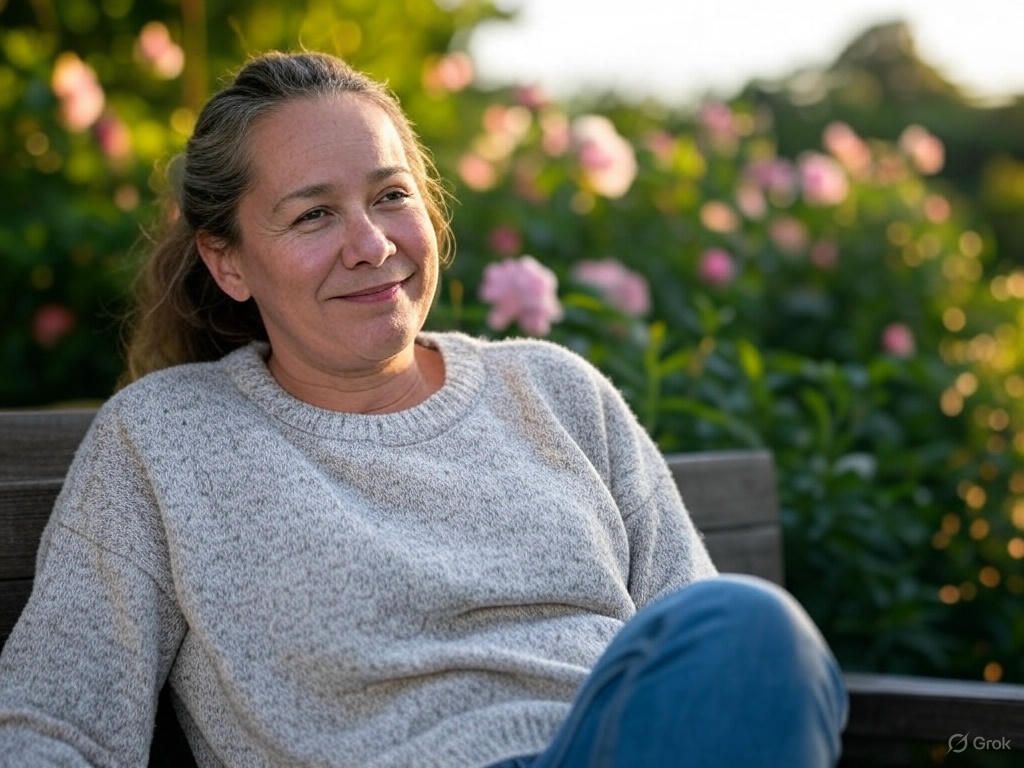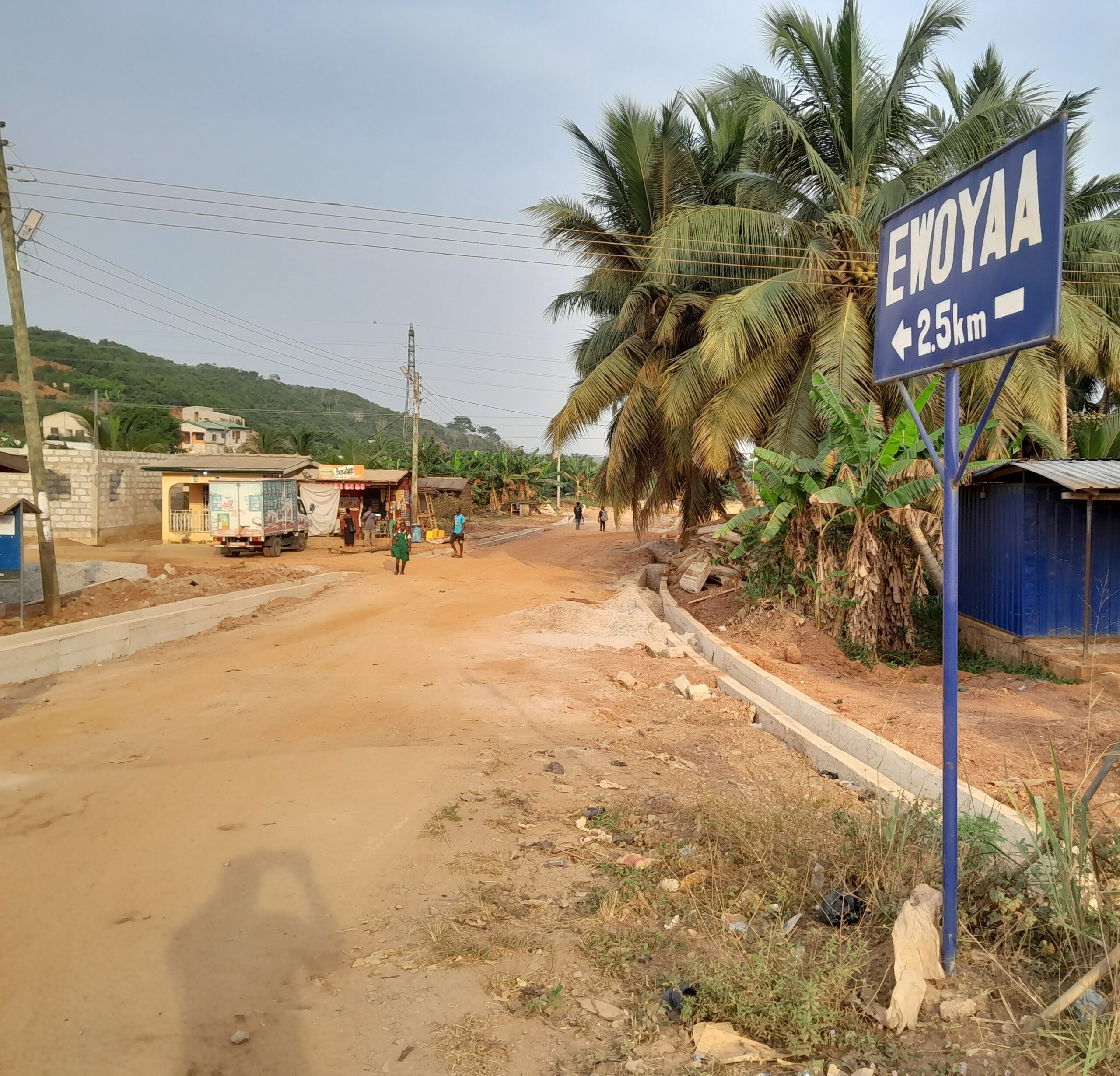

 Mr John Awuah, Chief Executive Officer, Ghana Association of Banks, says Pension fund managers must be held to professional standards that focus on performance, transparency, and long-term sustainability.
Mr John Awuah, Chief Executive Officer, Ghana Association of Banks, says Pension fund managers must be held to professional standards that focus on performance, transparency, and long-term sustainability.
He said this shift could be started by removing alleged interference in investment decisions and prompt payment of pension deductions to fund managers, ensuring that decisions are made by qualified professionals with expertise in investment management.
Mr Awuah was speaking at the 5th edition of the Money Summit in Accra on the theme “Optimising Investment and Pensions: Strategies for Sustainable Retirement Income and Economic Growth”.
It brought together experts, industry players, and policymakers to discuss how to strengthen the nation’s financial system.
He said the commitment by the government to making State-Owned Enterprises (SOEs) more profit-oriented was commendable.
“If we can replicate this in the management of SSNIT, we will build a pension fund that not only supports retirees but also plays an active role in stimulating economic growth,” he added.
The CEO said the current pension system in Ghana, while a critical lifeline for many, was far from perfect and a major flaw lay in the lack of diversification of pension fund portfolios.
He said much of the pension fund assets in Ghana’s was still concentrated in low-yielding government of Ghana securities.
“This approach, though historically safe, has in recent years proven to be no longer a default free safe haven in today’s economic climate,” he said.
He said the time had come for a shift that embraced alternative investment options.
He said the pension managers must broaden their scope to include real estate, private equity, and infrastructure investments and must push for a more diversified asset allocation in the pending amendment to the National Pensions Act.
These assets, despite their inherent risks, provide returns that are more likely to outpace inflation and provide sustainable income streams for retirees.
Mr Awuah said some banks had started diversifying their investment portfolios by introducing funds that focused on sectors like real estate development, agriculture and green finance alternatives.
“This move not only secures the future of their investors but also contributes to national economic development,” he said.
He said by prioritising these alternative asset classes, pension funds in Ghana could see improved returns and better protection for pensioners from market volatility.
The CEO said the future of investment and pension management in Ghana required a fundamental shift in the approach to risk, diversification, and governance.
He said, “we must embrace alternative investments, build financial literacy, and ensure professional management of our pension funds.”
He said by doing so, the country would not only ensure that pensioners had sustainable retirement income but also foster an environment where economic growth and financial stability go hand in hand.
Dr Godwin Acquaye, CEO of B&FT, said the summit had, over the past five years, evolved into a key platform where thought leadership, practical insights, and transformative conversations converge to shape Ghana’s financial and economic landscape.
“Our dialogue today must seek real, practical strategies that safeguard pensions, create sustainable income for retirees, and by extension, stimulate economic growth,” he said.
He said pension funds must be better invested to yield steady, secure returns; while ensuring they contributed meaningfully to national development through investments in critical sectors like infrastructure, agriculture, and green energy.
He said beyond today’s retirees; “we must also look to the future of the youth; how do we inculcate an investment culture early and how do we guide young Ghanaians to think not only about earnings but about wealth creation and saving.”
Source: GNA
The post Pension fund managers must be held to professional standards – John Awuah appeared first on Ghana Business News.
Read Full Story

















Facebook
Twitter
Pinterest
Instagram
Google+
YouTube
LinkedIn
RSS